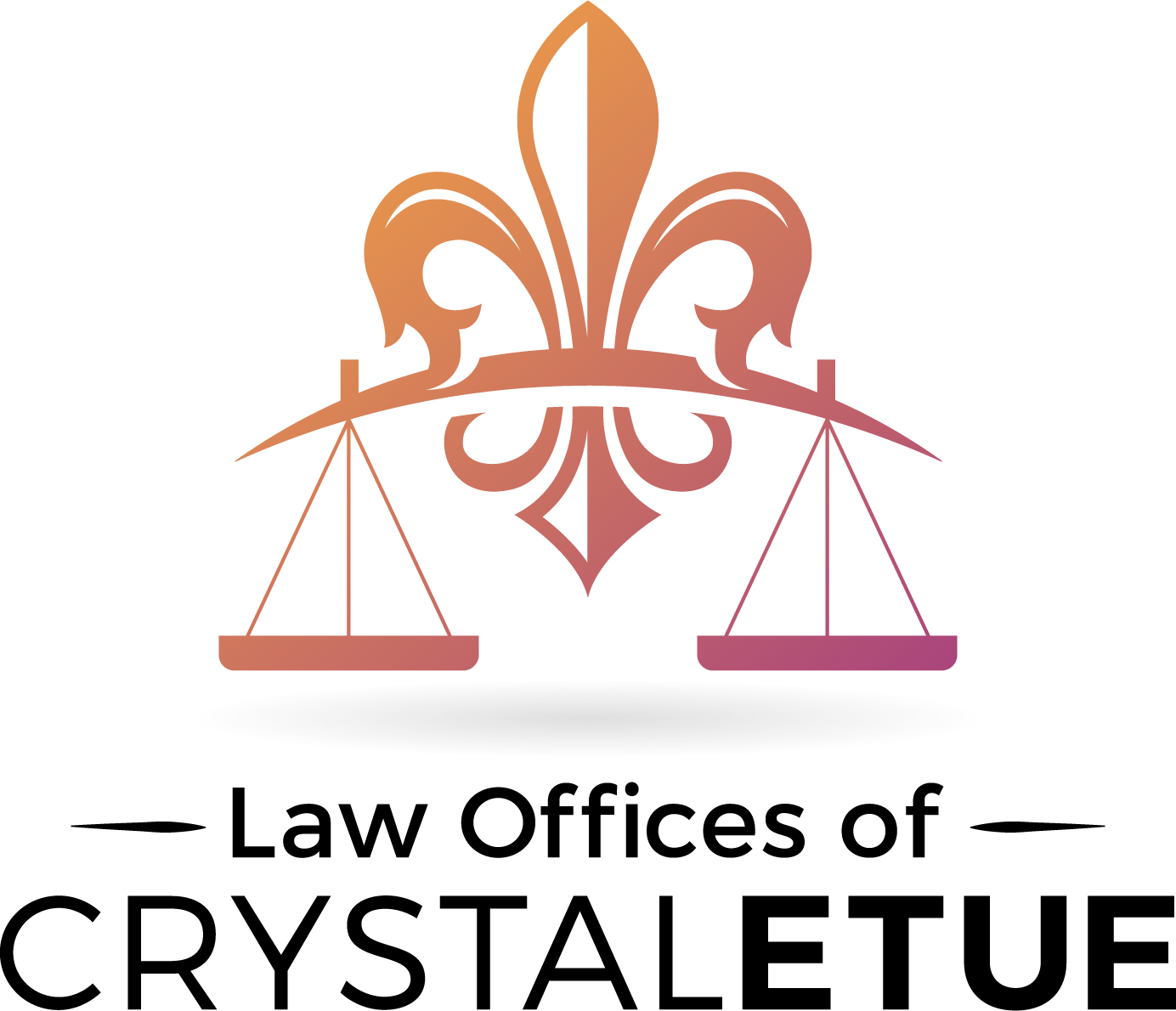Tips for Choosing a Dependency and Neglect Attorney in Tennessee
In the intricate web of family law, navigating the nuances of child welfare cases can be as emotionally taxing as they are legally complex. When it comes to dependency and neglect matters, seeking the right attorney can make all the difference in safeguarding your child's best interests and your rights as a parent. But with so many legal professionals out there, how do you choose the one who will serve as your advocate with the right mixture of expertise, empathy, and commitment?
Understanding the Role of a Dependency and Neglect Attorney
Dependency and neglect attorneys have a critical mission. They work within the legal framework that seeks to protect children from harm, promote their welfare, and ensure that they have a safe and stable living environment. In Tennessee, these lawyers are at the forefront of representing families in cases involving allegations of abuse, neglect, or harm that impact the well-being of a child, leading to state intervention, foster care, or family reunification.
When involved in these cases, a dependency and neglect attorney's tasks can range from legal representation in court proceedings to offering counsel on case plans, parental rights, and ensuring that the services mandated by Child Protective Services are appropriate and reasonably provided. It is a role that demands a sharp understanding of both the law and the human conditions that give rise to these often-tragic circumstances.
The Qualities You Should Seek in Your Attorney
You know you need a dependency and neglect attorney, but what traits set apart the cream of the crop from the rest? Here are the qualities you should prioritize when selecting your legal champion:
Experience and Expertise in Tennessee Family Law
Your attorney should not only know the Tennessee family law statutes inside and out but also have a depth of experience in handling cases like yours. Look for a lawyer who has a track record of successfully advocating for families in dependency and neglect cases.
Accessibility and Communication Skills
In emotionally charged situations, the ability to communicate clearly and listen attentively is crucial. A great attorney is one who makes themselves available and ensures that you understand every step of the legal process.
Empathy and Understanding
Family law cases are deeply personal. Your attorney should be not only empathetic but also skilled in handling the emotional aspects of your case. They should be able to connect with you and your family to truly understand your case and your needs.
Resourcefulness and Resilience
The best advocates are those who think on their feet and don't back down in the face of challenge. Look for an attorney with a reputation for resourcefulness and resilience. They should be adept at handling complex cases and should have the determination to see them through to the end.
Collaboration with Support Agencies
Child welfare cases often require a multi-disciplinary approach. Your attorney should have a network of support agencies and professionals they can call on to ensure that your child and family get the help they need.
The Selection Process
With an understanding of the role and qualities of an attorney in hand, the next step is to actually find one. Here are practical tips to help you in the selection process:
Research Local Attorneys
Begin with a search for attorneys specializing in dependency and neglect cases in Tennessee. This might involve asking for recommendations from other trusted professionals or starting with a reputable legal directory.
Schedule Consultations
Meet potential attorneys in person to discuss your case. Treat these consultations like interviews; come prepared with questions about their experience, approach to cases, and billing practices.
Check References
Ask for client references and follow up with them to get a sense of the attorney's track record and client satisfaction.
Consider Cost
Legal representation can be expensive, so it's important to understand a lawyer's billing structure and weigh the financial implications carefully.
Trust Your Gut
Ultimately, the decision comes down to who you feel most comfortable with. Trust your instincts and choose the attorney who you believe will fight the hardest for your family.
The Dos and Don'ts of Working with an Attorney
Once you've chosen an attorney, there are certain actions that can help your partnership thrive. Here are some 'Dos and Don'ts' for working with your legal representative:
Do Share All Relevant Information
Transparency is key in developing a strong case strategy. Share all relevant information, even if you think it may be detrimental.
Do Ask Questions
You should never feel intimidated about asking questions. Your attorney is there to guide you through the process, so don't be shy about seeking clarity on any aspect of your case.
Don't Withhold Relevant Details
A small detail you think is insignificant may be crucial to building your case. Don't be selective about the information you share.
Don't Hesitate to Speak Up
If something doesn't sit right with you, you have the right to address it. Your attorney is your advocate, and your input is valuable.
Selecting a dependency and neglect attorney is one of the most important decisions you can make when it comes to family law. By taking the time to find a legal professional with the right qualities and skills, you are not just investing in your case but also in the future well-being of your family.
The path through child welfare cases is rarely easy, but with an attorney who is dedicated, knowledgeable, and compassionate, you can approach the legal process with confidence. Remember that you don't have to face these challenges alone. Your attorney is there to guide you and relentlessly fight for the best outcome for you and your family.
When it comes to such critical matters, there's no such thing as being overly discerning. Selecting the right dependency and neglect attorney can provide the foundation for a secure and positive path forward for you and your loved ones.











